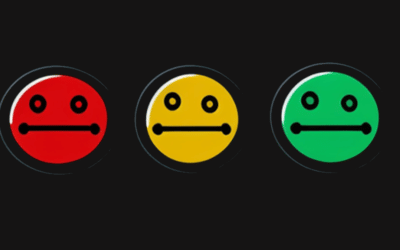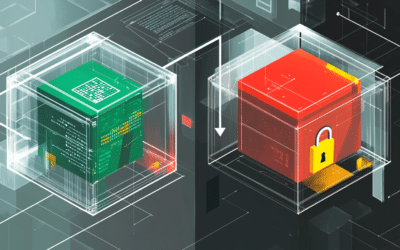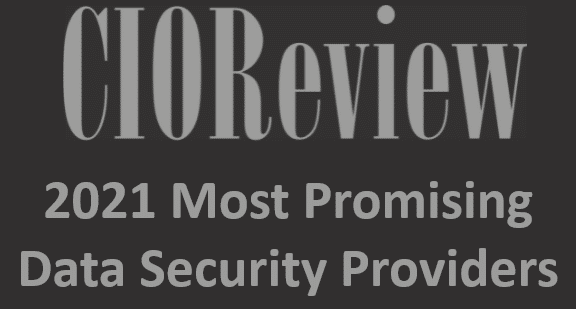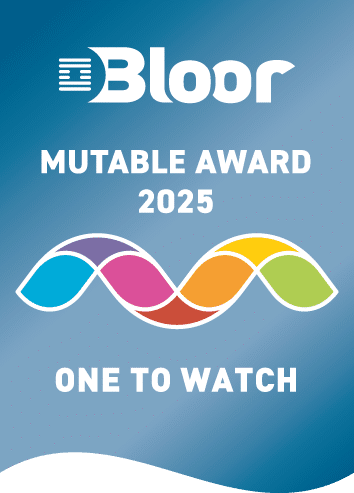Beyond Cloud – Embracing the Playbook
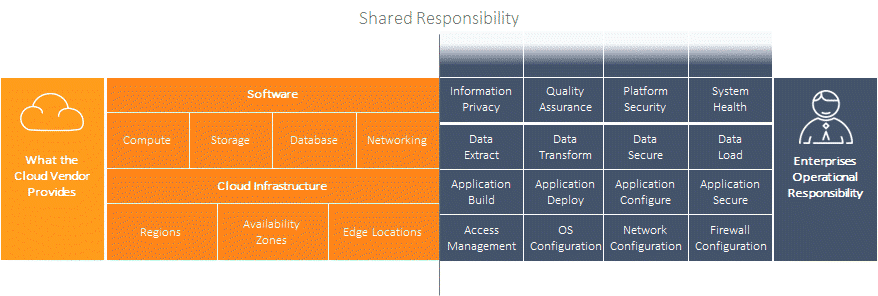 One of the key best practices to reduce these mistakes is the use of playbooks (aka Runbooks). Operational standards that guide and provide consistency, and ultimately act as a baseline for optimization i.e. replacement of manual tasks with automated tasks (where possible). A displacement of reactive activities and heroics with reliable methods that are easy to access, share and can be measured with the intent of supporting continuous improvement.A key philosophy embedded within the Enov8 framework is every object, whether it be a
One of the key best practices to reduce these mistakes is the use of playbooks (aka Runbooks). Operational standards that guide and provide consistency, and ultimately act as a baseline for optimization i.e. replacement of manual tasks with automated tasks (where possible). A displacement of reactive activities and heroics with reliable methods that are easy to access, share and can be measured with the intent of supporting continuous improvement.A key philosophy embedded within the Enov8 framework is every object, whether it be a- Environment
- Group of Systems
- System / Platform
- Instance
- Component
- Process
- Knowledge,
- Playbooks &
- Automation attached.
- Traditional Checklist Style
- Agile Kanban Style
- Self Service (Push Button)
- Chaos (Best Effort & Un-Auditable)
- Static Playbook – Documented Procedures
- Live Playbook – Documented and Fully Traceable (Auditable)
- Hybrid Playbook – Documented, Partially Automated and Fully Traceable
- Automated Playbook – Fully Automated and Fully Traceable
- Self-Service Playbook – Fully Automated, Customer Exposed and Fully Traceable
 Use Enov8 to better manage, streamline and measure your operations within teams and at scale.The Benefits are Clear
Use Enov8 to better manage, streamline and measure your operations within teams and at scale.The Benefits are Clear- Operational Awareness
- Repeatable & Reliable
- Continually Optimizing
- Streamlined Delivery Cycles (at operational level & at project level)
- Happy Consumers e.g. Projects & Customers
Relevant Articles
RAG Status: What It Is and Using It for Project Management
Effective Leadership requires effective tooling to drive successful outcomes. One tool they can use to monitor and measure progress is RAG status. RAG stands for Red, Amber, Green, and is a simple traffic light system used to communicate the current status of a...
Enterprise Architecture Tools: 11 to Be Aware Of in 2025
Enterprise architecture (EA) is an essential discipline for organizations aiming to align their IT strategy with business goals. As companies become more complex and technology-driven, having the right set of EA tools is crucial to streamline operations, improve...
What is a Staging Server? An Essential Guide
Release issues happen. Maybe it’s a new regression you didn’t catch in QA. Sometimes it’s a failed deploy. Or, it might even be an unexpected hardware conflict. How do you catch them in advance? One popular strategy is a staging server....
What is Deployment Planning? A Detailed Guide
Deployment planning, sometimes referred to as "implementation planning," is the process of creating a plan for the successful deployment of a new software or system. It involves identifying the resources, tasks, and timeline needed to ensure that the deployment is...
The Definitive Guide to Test Data Generation
Test data generation is a critical part of the software testing lifecycle, ensuring that applications are tested against realistic scenarios before going live. If you’re not testing against production-like data, you’re arguably not truly testing your application. In...
What is a Test Data Manager? A Detailed Introduction
Testing is a critical aspect of software development, and it requires the use of appropriate test data to ensure that the software performs optimally. Test data management (TDM) is the process of creating, storing, and managing test data to ensure its...
